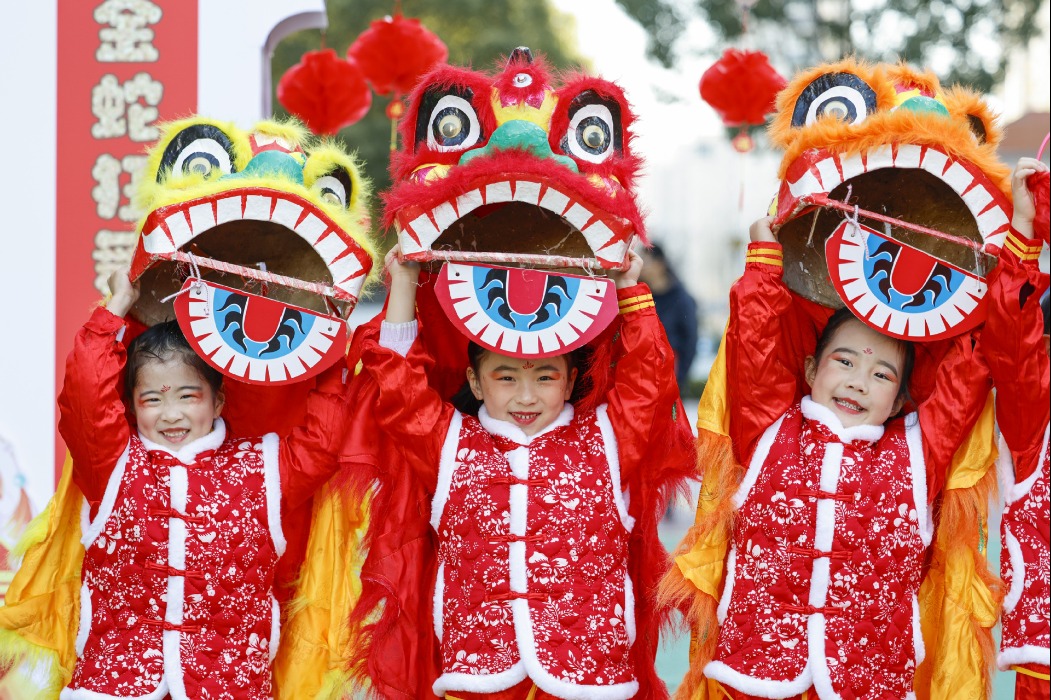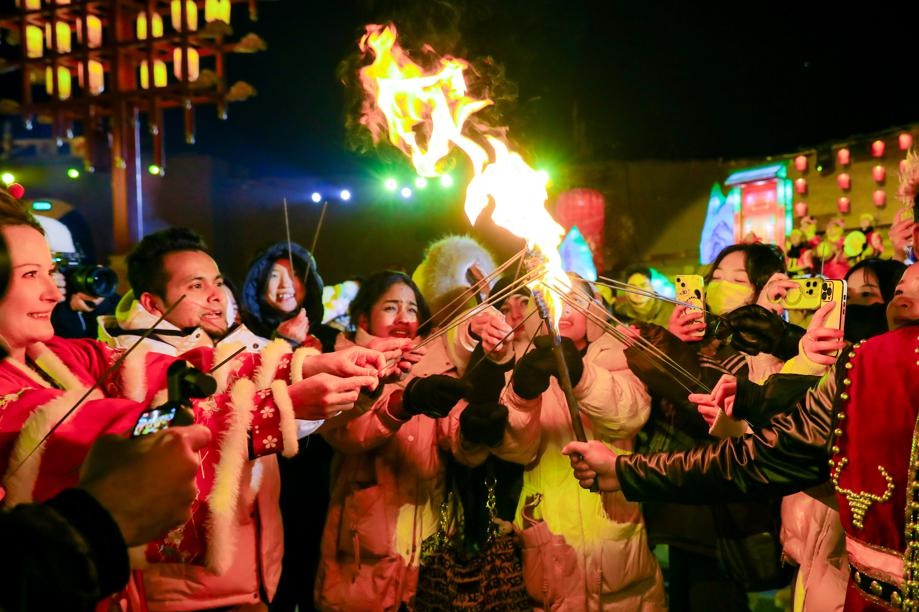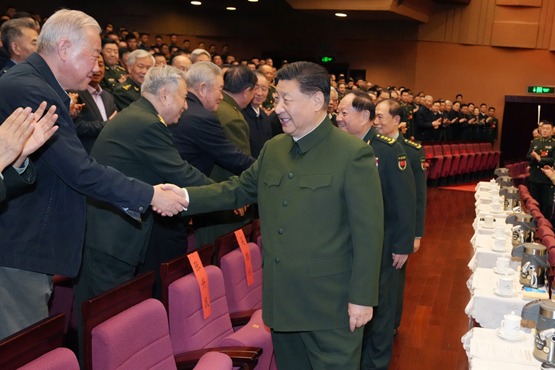Three generations of family guard cemetery


Visitors to the Red Army Martyrs Cemetery of the Sichuan-Shaanxi Soviet Area in the village of Wangping in Southwest China's Sichuan province, are usually impressed by an old man telling moving stories of the Red Army.
Wang Jiangang, 70, is his family's second-generation keeper of the cemetery. His father Wang Chengxian, a Red Army veteran, was the first-generation keeper and his son Wang Junpei, 42, is the third-generation keeper.
The three generations of the Wang family have guarded the cemetery for 87 years, said Huang Fei, a leading official in charge of the cemetery, which is China's largest final resting place of the Red Army martyrs with 25,048 people buried there.
The cemetery was built in July 1934 for Red Army martyrs who had died for creating and defending the Sichuan-Shaanxi Soviet Area, which was the second largest Soviet area founded by the Red Army. The Central Soviet Area in Jiangxi province headed by Mao Zedong was the largest.
During the Red Army's stay in mountainous Tongjiang in the early 1930s, the county had fewer than 230,000 people but 48,000 joined the Red Army.
Warlords forced people to plant opium and were locked in constant battles at that time and people led a miserable life. The Red Army was against warlords, banned opium and treated women as equals. Locals in Tongjiang supported the Red Army and even many women joined it, said Li Chenxi, a guide in the cemetery.
Wang Chengxian joined the Red Army in 1933 and had been a keeper in the cemetery after the Red Army left Tongjiang in 1935.
Wang Jiangang was born in 1952. When he was 10, he started assisting his father Wang Chengxian to remove weeds and withered leaves and clean the cemetery.
Before Wang Chengxian passed away at 70 in 1994, he asked Wang Jiangang to help him into the cemetery.
"We sat side by side on the stone steps. Dad said he was too old to walk and the Red Army had treated poor people like him well. He said tombstones were like people's coats and needed to be kept clean every day," Wang Jiangang said.
Although his left leg had been crippled in a farming accident, Wang Jiangang went to the cemetery every morning to remove fallen leaves and pull up weeds. During the busy farming season, he cleaned the cemetery first and then went to work farming.
With Wang Jiangang getting older, he asked his son Wang Junpei to guard the cemetery three years ago.
"Dad asked me to take care of the graves as if they were our ancestors' graves," Wang Junpei said.
Wang Junpei works in a sewage treatment plant in Tongjiang. Early every morning, he cleans the cemetery before work starts in the plant.
The story of the three generations of the Wang family taking care of the cemetery free of charge for nearly nine decades has moved countless people including Chen Chao, grandson of Chen Zigang, a Red Army martyr who died in 1933.
A native of Shangcheng county in Henan province, Chen Zigang died in a battle at the age of 23 and his descendants did not know his burial place until 2018. His grandson Chen Chao visited the cemetery before the Tomb Sweeping Festival in 2021.
Meeting the keepers of the Wang family, Chen Chao burst into tears and said: "My grandpa perished 89 years ago. But the martyrs' cemetery has been well guarded."
Moved by the Wangs, villagers near the cemetery and students from different parts of Tongjiang would clean the cemetery on important festivals such as the Tomb Sweeping Festival and China's Martyrs' Day on Sept 30.
"Each time, Grandpa Wang (Jiangang) would tell students stories of the Red Army," Huang said.
Shen Changwen contributed to this story.





































